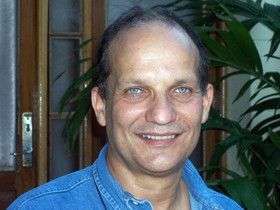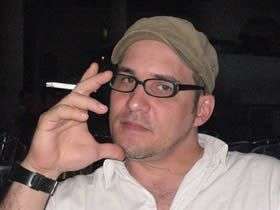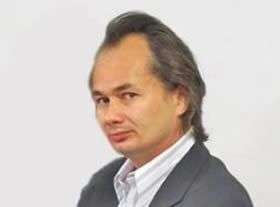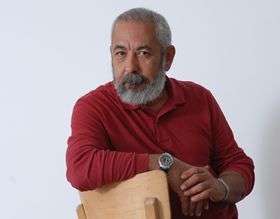This will undoubtedly be an interesting way to look out and gauge the flow of ideas in Cuba today, increasingly diverse and plentiful. Espacio Laical introduces this dossier by reflecting this:
“If anything characterizes our present is the increased public debate, especially from areas located within the civil society. The changes in Cuban society in recent years and the expansion of cyberspace in urban centers and their peripheries have promoted a better flow of ideas within the island Amid this context Cuban intellectuals have accompanied, creatively, the reform process taking place in the country. Espacio laical has convened a group of them to discuss the progress of the reform process and the links between intellectuals, public debate and service to the nation.
As an appetizer, Oncuba presents very suggestive fragments of the interventions of these panelists:
 Arturo Arango: I’m not an economist, or sociologist, or political scientist. I spend most of my time conceiving fictional stories and teach small groups of young people how to articulate a story, how to create human beings that never will look beyond the status of characters.
Arturo Arango: I’m not an economist, or sociologist, or political scientist. I spend most of my time conceiving fictional stories and teach small groups of young people how to articulate a story, how to create human beings that never will look beyond the status of characters.

Hiram Hernández: The speech by Raúl Castro on July 26, 2007 opened a debate on the need to assume an economically viable model. Then it began a process that has been accompanied by the consultation on the “Draft Guidelines of the Economic and Social Policy”. At other times in the history of the Revolution were made calls for referendum but, compared to the opacity of the above-which occurred along the 2010, this one was the most extensive and transparent. It managed to modify and expand by more than half the initial content of the intended project. The Sixth Congress of the PCC endorsed in the Guidelines the strategy for “economic update”. The one that upholds modifying principles and procedures that for decades “supported” the Cuban economic system, namely the exclusive predominance of state property, the strict central plan, the concentration of decision making and market withdrawal. In the new model the state should divest non-strategic activities, encourage individual initiative and eradicate the “egalitarianism”. It persists in its socialist definition since endorses both free and universal provision of health and education services, reaffirms that will prevent “private concentration of property” and that “no Cuban will be left helpless.” The ongoing reforms are impacting the social map on which Cubans live. The purpose of proceeding in the direction of “economic efficiency” and the removal of awkward restrictions -buy a phone, vacationing in a hotel, housing sales, travel at no additional cost for the permission of the authorities, etc. – raises inputs of support for the political system and expands expectations about achieving the life project in the country. There are positive signs: the stimulus given to services market and free job recruitment result in the severance of economic monopoly state, the call to distinguish between state and party, the limitation of the term for the most senior leaders, recognition of plurality and the call to exercise a not boring and critical journalism.
Dimitri Prieto: Create a true wholesale market. Create opportunities for effective self-employment individual (personal) and collective (cooperative, self-management) that increase the sense of human dignity and not shamelessly disguise old exploitative, sexist and violent practices, like the Third World capitalists. Where there is no true self-employment people should have the right to strike. The place of wages and profits in our economy (and ultimately the distribution of effort in every home, because does anyone know how much the reproductive domestic work, usually female, helps the National Budget?) should be discussed in the light of sun and with “shirt removed” and not be subject to public shaming and ideological concealment, as we have seen in deplorable scenes of a major political meeting that came on television. At the same time we must discuss in general how and who decides currently the (re) distribution of Cuba’s gross domestic product. I think a good concise formula should be: “Economy with Market, never Market economy: Entrepreneurship Always with Empowerment “.
 Leonardo Padura: There is a reform without which it is possible to envisage an economic future for Cuba, and is the solution of the dual currenc
Leonardo Padura: There is a reform without which it is possible to envisage an economic future for Cuba, and is the solution of the dual currenc










